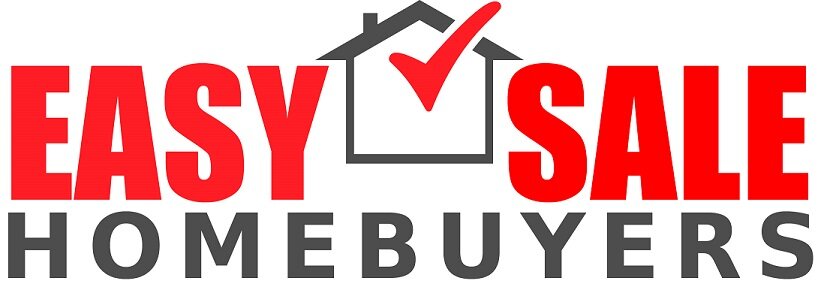
Tax liens are financial holds that the government places on property holders due to their non-payment of taxes. It puts certain restrictions on their ability to buy or sell the property or to make a profit on the real estate in question.
This protects the banks who have an investment in the property as well as any other stockholders of the real estate property until such time that the person pays their taxes or their property is foreclosed.
In the case of foreclosures or default, this is where you can cash in on the investment opportunities in North Carolina. Even if you have never worked in the real estate industry, there are ways that you can take advantage of the opportunities that tax liens provide.
How Do Tax Liens Work in Real Estate in North Carolina?
First, Know the Tax Lien Laws
Before you can cash in on the opportunities of tax liens in a real estate investment, you have to know what the applicable laws are in North Carolina and Raleigh. You need to study the laws of your state of residence or the state in which you plan to purchase the property before completing the transaction.
A poor understanding of tax liens and how they work in North Carolina can lead to lost profits and even stiff fines. Remember, you want to keep your bank account in the positive side at all times and avoid any legal troubles.
In addition to the state laws, there may also be city or county ordinances that dictate what you can do regarding tax liens. Some cities, for example, require that you have a real estate license in order to get involved in the transaction while others do not encourage private lending or private money transactions.
Know Your Limits
Another important thing to know is how much you can afford to invest if you want to cash in on a real estate transaction that involves a tax lien. Remember, if you do start transacting real estate business involving tax liens, you are profiting from the interest on the tax lien that is placed on the property on an annual basis. You must report this amount on your personal income tax and there may also be fees associated with doing this sort of transaction.
Know how much credit you can extend to private investors and try to keep things as simple as possible when it comes to dealing with tax liens. If the person whom the lien is held against does not pay their amount due, the property may revert to you. So make sure you are investing in a good property with resale value.
When to Ask for Help
If you need help, you can locate a real estate investment expert or tax lien specialist and ask them how tax liens work in North Carolina. That way, you cover both city and state ordinances and figure out what you have to do to be in compliance with state and city laws. The last thing you want to do is to find yourself in a precarious legal situation or one that requires you to pay large fees for your lack of knowledge.
Investing in properties with tax liens can be risky. It’s no shame to ask for help when you need it to avoid a costly error down the road!
Learn More About Tax Liens in North Carolina
If you need to know more about how to profit from tax liens in North Carolina or 27613, let us know. Give us a call at 919-887-8452 or fill out the form to learn more and we’ll get in touch with you immediately.

